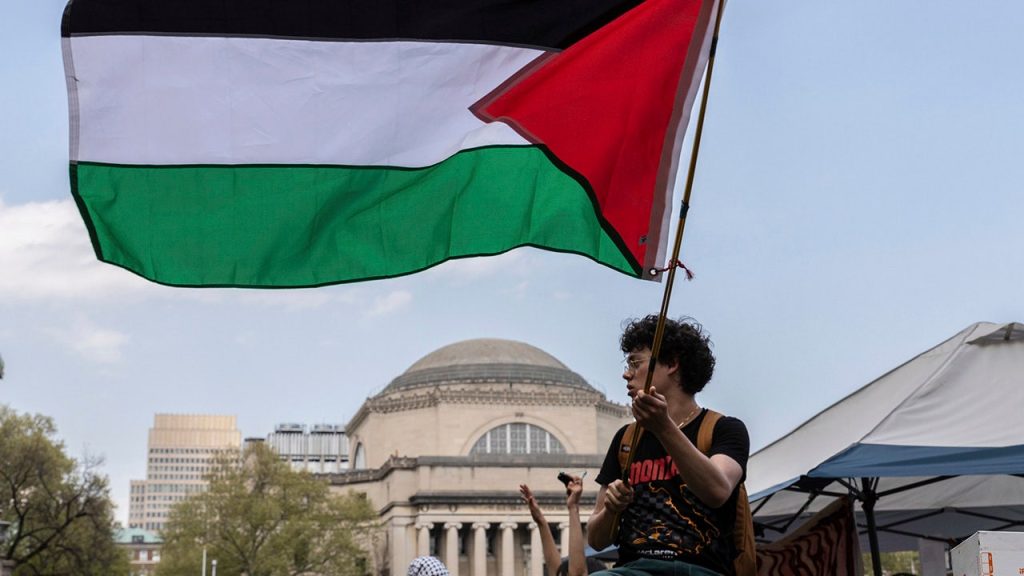Author and Jewish historian Rick Richman, in response to criticisms accusing Israel of committing genocide in Gaza, argues that it is actually Hamas that is attempting a genocidal operation against Israel. Richman emphasizes the importance of understanding the facts surrounding the clashes between Jews and Arabs and refutes the misinformation spread by anti-Israel protests on college campuses. He notes that these protests are fueled by a lack of knowledge about Zionism and perpetuated by a biased education system influenced by DEI and CRT ideologies.
Richman explains the true nature of Zionism as a national liberation movement rooted in the ideals of democracy, liberty, and freedom, akin to Americanism. He highlights the historical significance of Zion as a place of refuge and protection for the Jewish people, contrasting it with the negative connotations associated with Zionism in the context of the Israeli-Palestinian conflict. Richman addresses the misguided views of protesters who call for the death of Israel and America, emphasizing the alliance between Americanism and Zionism as successful movements of the 20th century.
The rejection of an independent Palestinian state in the past is attributed to Arab reluctance to recognize a non-Arab or non-Muslim entity. Richman points out missed opportunities for Arabs to create their own state throughout history and refutes the accusations of genocide against Israel, arguing that Hamas is the genocidal entity seeking to eliminate Israel. He stresses the challenges Israel faces in defending itself against a terrorist organization like Hamas, which uses civilians as human shields, resulting in tragic consequences on both sides.
The ongoing conflict between Israel and Hamas serves as a warning for the broader implications of militant groups that reject dialogue and seek to impose their rule through violence. Richman cautions that Jews are often the first targets of such extremist ideologies, and their fate is indicative of broader threats to global security. He emphasizes the need for a nuanced understanding of the complex dynamics in the Middle East and the importance of countering misinformation and propaganda that demonize Israel. Richman’s insights shed light on the complexities of the Israeli-Palestinian conflict and the challenges faced by both sides in seeking a resolution to the ongoing violence.
In conclusion, Richman’s analysis underscores the importance of recognizing the nuances and historical contexts surrounding the Israeli-Palestinian conflict. By dispelling myths and misinformation, he aims to promote a more informed and empathetic understanding of the challenges faced by both Israelis and Palestinians. Through a nuanced and balanced perspective, Richman highlights the complexities of the situation and the need for dialogue and diplomacy to address the root causes of the conflict. His insights serve as a reminder of the dangers posed by extremist ideologies and the importance of defending democratic values and human rights in the face of violence and oppression.


